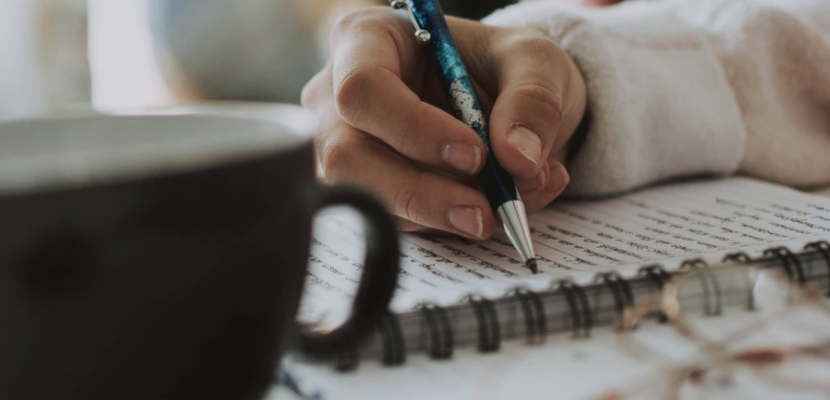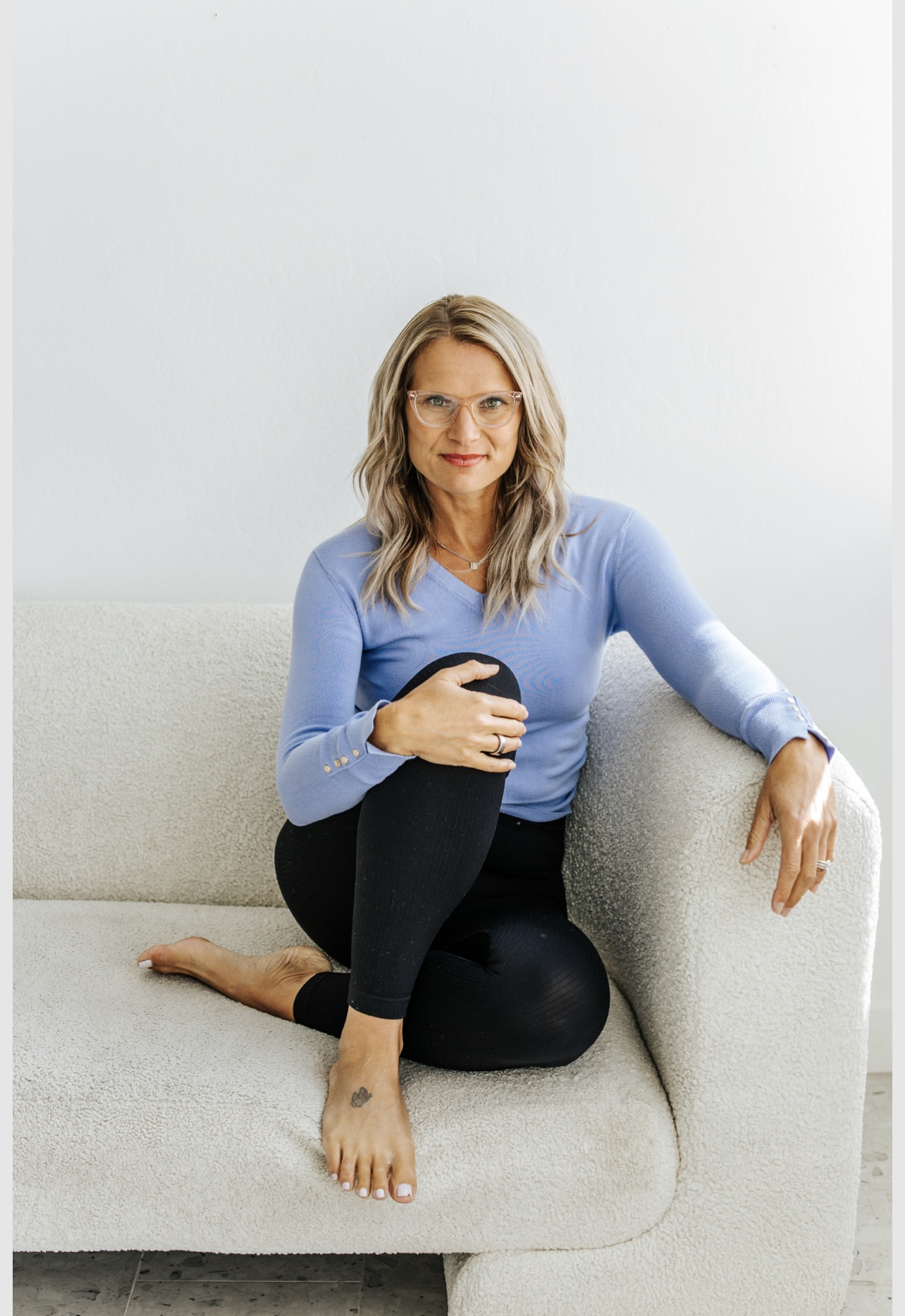Can you Really Be Free from PMS?
Spoiler alert: yup.
Yup, you can be free from PMS.
Most months, I actually get surprised by my period. It shows up- right on time, but so quietly that I don’t really have any warning.

photo via unsplash by fotografierende
I’ll be real honest with you. Other months, I’m a raging a-hole who scavenges for chocolate in between yelling at my kids and husband. Lest you think too highly of me.
But those months are fewer and farther between as I optimize my hormones. I want that for you, too. I want it for my daughter, and my nieces, and my sister and my friends. And for all women. We already have to deal with the indignity of bleeding for 4-7 days every month. Shouldn’t we be allowed to gracefully accept the bleed as it comes, instead of fearing for the lives of our husbands and children for the week- or two- before our period?
I think yes.
Here is the thing: PMS is real, no matter what the medical community says (many doctors say that PMS is not a thing.)
However, there is a government-published definition of PMS that we can use to work with:
“Premenstrual syndrome (PMS) is a combination of symptoms that many women get about a week or two before their period. Most women, over 90%, say they get some premenstrual symptoms, such as bloating, headaches, and moodiness. On average, women in their 30s are most likely to have PMS”. (source).
With that definition, we open the discussion of whether or not PMS is an excuse. Is it? I think we do women a disservice when we brush off true physical symptoms like pain, bloating, and moodiness. As a practitioner, I can tell you that PMS is real. I know this because as women’s hormones become balanced, PMS tends to recede into the background.
According to period expert Dr. Lara Briden, any and all of the following symptoms can be classified as PMS:
- irritability
- anxiety
- depression
- weepiness
- sleep issues
- retaining fluids
- bloating
- heart palpitations
- joint pain
- headaches
- brain fog
- food cravings
- breast pain
- acne
If the symptoms are truly related to PMS, they tend to occur about 10 days before your period and then vanish after your period actually starts.
In next week’s blog, we are going to go over the role of estrogen in PMS. But I will tell you, after observing hundreds of women, PMS cannot be blamed on excess estrogen or insufficient progesterone as a stand alone issue.
Ladies, PMS is not the natural state of a woman’s body.
When your brain interprets the environment as a constant threat, your body will start to respond. PMS is basically a symptom of a lifestyle that is too stressed.
So, in essence, PMS disappears when you become less stressed.
That is too simplistic, I agree. Your symptoms are real because PMS is real. But, like cancer or SIBO or Hashimoto’s, there is an environmental trigger that precedes the symptoms. And the environmental trigger here is stress. Overwhelm. This can be mental stress, emotional stress, or physical stress.
In today’s session, I want to give you a single tip for reducing a physical trigger for PMS.
Here it is: stop consuming dairy.
I know. I love it too! Ice cream. Heavy whipping cream. Other creamy things.
But if you are worried about PMS problems, give the dairy a rest for a few months and just see what happens.
Dairy can release histamine. Histamine is the substance that can lead to anxiety, panic, heart palpitations, or brain fog. Histamine in a normal person with normal digestion and normal hormones is a very normal part of life. But sometimes, when histamine is overactive, you’ll feel funny. Noses will drip, heads will feel like they are swelling- all of the things you would take Benadryl (an anti-histamine) for.
Since dairy can increase histamine, and estrogen can also increase histamine, and estrogen is higher right before your period, try to lay off of the dairy so your body balances a bit.
Since I am already the bearer of anti-ice-cream-bad-news, you should know that the following foods also increase histamines in the body:
- red wine
- bone broth
- leftovers
All of the things that seemingly make your life easier before your period should probably go. They, in fact, are not helping you.
I wouldn’t give you a shouldn’t without giving you a should.
Supplements that help you decrease your histamine while at the same time optimizing PMS hormones are the following:
This is a great start. Less dairy and red wine, more B6 and magnesium. We will talk more about the stress response later, but for now- this is a start.
Remember, reversing PMS is a process, not a one-time thing. I’ll be here with you to walk with you along the way.
If you need more help, book a consult with me here:
I’m happy to help!
Stay tuned for more 🙂






